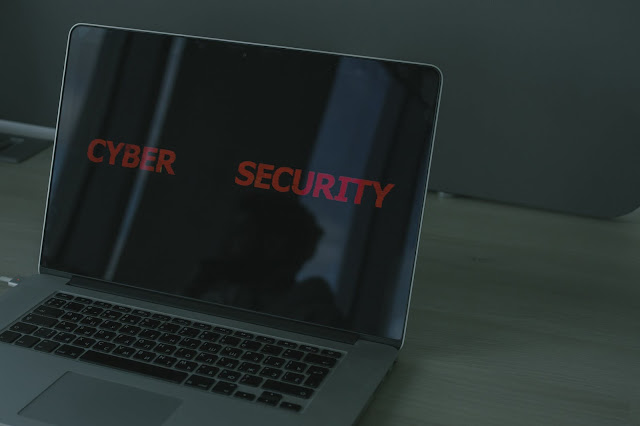
However, in the modern-day, such a scenario should not exist. Businesses, big or small, must take proper precautions to prevent such cyber attacks. They should not put company resources or customer data at risk. And they can do so by implementing the following strategies.
#1 Employee Training
The first thing to do to prevent cyber attacks on businesses or offices is to train, educate, and prepare the employees. Cyber awareness and training is arguably the best way to defend against cyber threats. It is also not that expensive. Hence, small businesses will have no trouble arranging for such training.
The training sessions should be held at least twice or thrice a year. They could be small workshop sessions or seminars covering the dos and don’ts for preventing cyber attacks. The sessions should also teach the employees ways by which they can identify possible threats. Instructors should also show the employees how to use different tools or software to identify existing vulnerabilities and security risks within the system.
Once all these materials have been covered, the workplace will become a lot more secure than before.
#2 Invest in a Proper Security System
A proper security system incorporates both physical security, as well as security at an application level.
The physical security system will include electronic door locks, security scanners, and cameras. These are set up to prevent unauthorized entry into restricted zones or computers. For application-level security, premium anti-virus software should be enough. IT managers at these offices must make sure that the software is updated regularly. That way, the systems will be protected even from the latest types of attacks.
#3 Restrict Access and Limit User Privileges
Another way to reduce the possibility of a cyber-attack or theft is by restricting access and limiting user privileges.
For starters, the office building (or at least the computers or data center) should not be accessible to outsiders. Only employees can access those spaces physically. There should be a specialized authentication system if outsiders (like maintenance workers) are to be given access to those areas.
IT managers should also set different privilege levels for different employees. That means that not everyone will have access to everything on the company server. Sensitive information should have the highest privilege, meaning that only a select few can access them. Other files and resources should be accessible to employees according to their needs and privilege levels.
Doing all these things will help protect the computers and servers from potential malware or leaving backdoors. It will also ensure the safe use of company resources and data.
#4 Check for Vulnerabilities in Open-Source Technologies
Small businesses utilize open source technologies to their fullest. Whether it is open source software or an entire system, they will always appreciate it. After all, open-source is free, unlike regular commercial software. However, these open source technologies pose different types of security risks.
Utilizing a malicious open source code or program in a project or system could lead to malware attacks. They could also create backdoors for unauthorized access and other forms of cyberattacks. Hence, to ensure application security and data privacy, small businesses need to use an open-source vulnerability scanner while using such open source technologies. That way, they can prevent malicious programs from executing and leading to more damage.
#5 Invest in Cloud Backup
Using a shared or private cloud backup will keep important files and documents safe. It is especially important in the event of a ransomware attack. A cloud backup can help businesses regain access to files they might lose due to such cyber attacks. Doing so will also lessen the pressure on physical storage devices. That, in turn, will help save space at the office.
Cloud storages provide their security systems. Thus, you can rest assured that your data will always be in safe hands.
While all the steps mentioned above may seem basic, they come a long way in preventing cyber attacks. Plus, they are not that expensive to implement. By ensuring all these things, small businesses can expect to keep cyberattacks at bay. That way, their resources, and data will always remain safe.